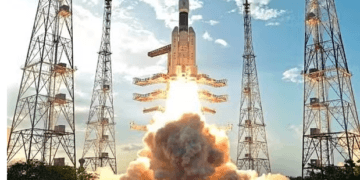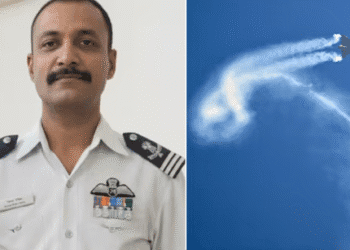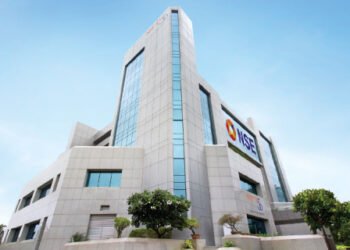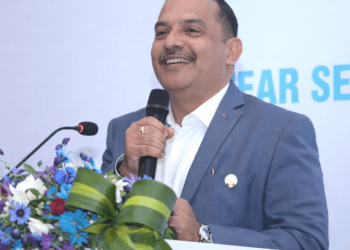DBT Bureau
Pune, 31 Dec 2024
The Indian National Space Promotion and Authorization Centre (IN-SPACe) facilitated the successful establishment and operationalization of 10 hosted payloads from Non-Government Entities (NGEs) on board the POEM-4 module of the PSLV-C60/SPADEX mission by Indian Space Research Organization (ISRO). The mission that launched today, carried out in-orbit scientific experiments at an altitude of 350 km with a 55-degree inclination, utilizing the spent PS4 stage repurposed as the PSLV Orbital Experimental Module (POEM-4).
POEM, an innovative platform that repurposes the fourth stage of the PSLV into an orbital experiment module after the primary mission. It conducts scientific and technological experiments in orbit. Equipped with essential capabilities like power supply, telemetry, and command support, POEM enables seamless operations for on board experiments. By leveraging existing infrastructure, it offers a cost-effective and rapid development approach for diverse research pursuits.
Commenting on the POEM deployment Pawan Goenka- Chairman IN-SPACe said, “The PSLV Orbital Experiment Module (POEM) is a practical solution deployed by ISRO that allows Indian start-ups, academic institutions, and research organizations to test their space technologies without the need to launch entire satellites. By making this platform accessible, we are reducing entry barriers and enabling a wider range of entities to contribute to the space sector. At IN-SPACe, our role is to create opportunities for such collaborations and ensure that India’s private sector can grow alongside advancements in space technology. Missions like these will be instrumental in capacity building by enabling NGEs to get their payloads space qualified, thus augmenting their future satellite launch missions.”
The POEM-4 mission marked a significant milestone with the deployment of 24 non-separable payloads, supporting a wide array of scientific and technological endeavours. Of these, 10 payloads from 10 NGEs were selected based on recommendations from the Standing, Selection, and Advisory Committee as given below:
| S. No. | NGE (Applicant) | Payload/experiment in brief |
| 1. | GalaxEye Space Solutions Private Limited, Bengaluru | GLX-SQ: Validate hardware and software for processing and transmitting SAR imagery in space |
| 2. | SJC Institute of Technology, Chikballapur | BGS-ARPIT: Amateur Radio payload, VHF Transmission of Pre-recorded image, audio and text, APRS Digipeater |
| 3. | Bellatrix Aerospace Pvt Ltd, Bangalore | RUDRA 1.0 HPGP: Demonstration of High-Performance Green Propulsion System with a Green Monopropellant (HAN based) having thrust of 1 N. |
| 4. | RV College of Engineering, Bangalore | RV-SAT1: Study gut bacteria Bacteroides thetaiotaomicron and prebiotic effects in microgravity. |
| 5. | Dr. Vishwanath Karad MIT World Peace University (MIT-WPU), Pune | STeRG-P1.0: Test avionics COTS-based ARM and MEMS sensors for attitude determination on POEM-4. |
| 6. | PierSight Space Private Limited, Ahmedabad | Varuna-TD: Study reflect-array antenna deployment, X-Band SAR electronics, and AIS baseband electronics |
| 7. | Manastu Space Technologies Private Limited, Navi Mumbai | Vyom 2U: Demonstrate successful ignition, performance of a Green Monopropellant (H2O2 based) thruster, with peak thrust of 0.7 N |
| 8. | Takeme2Space Technologies Private Limited, Hyderabad | MOI-TD: Demonstrate AI-Lab in space, characterize indigenously developed torquers, reaction wheels, and perform uplink of customer application code |
| 9. | Amity University Maharashtra, Mumbai | APEMS: Study growth-related changes of plant callus in Spinacia oleracea under microgravity and natural gravity |
| 10. | NSpace Tech India Private Limited, Tenali | Swetchasat-V0: Establish communication link to demonstrate UHF transmitter from ISTRAC |
The Technical centre of IN-SPACe in Ahmedabad provided critical support for this mission by enabling several payloads to undergo rigorous environmental testing, ensuring they met all mission requirements.





















